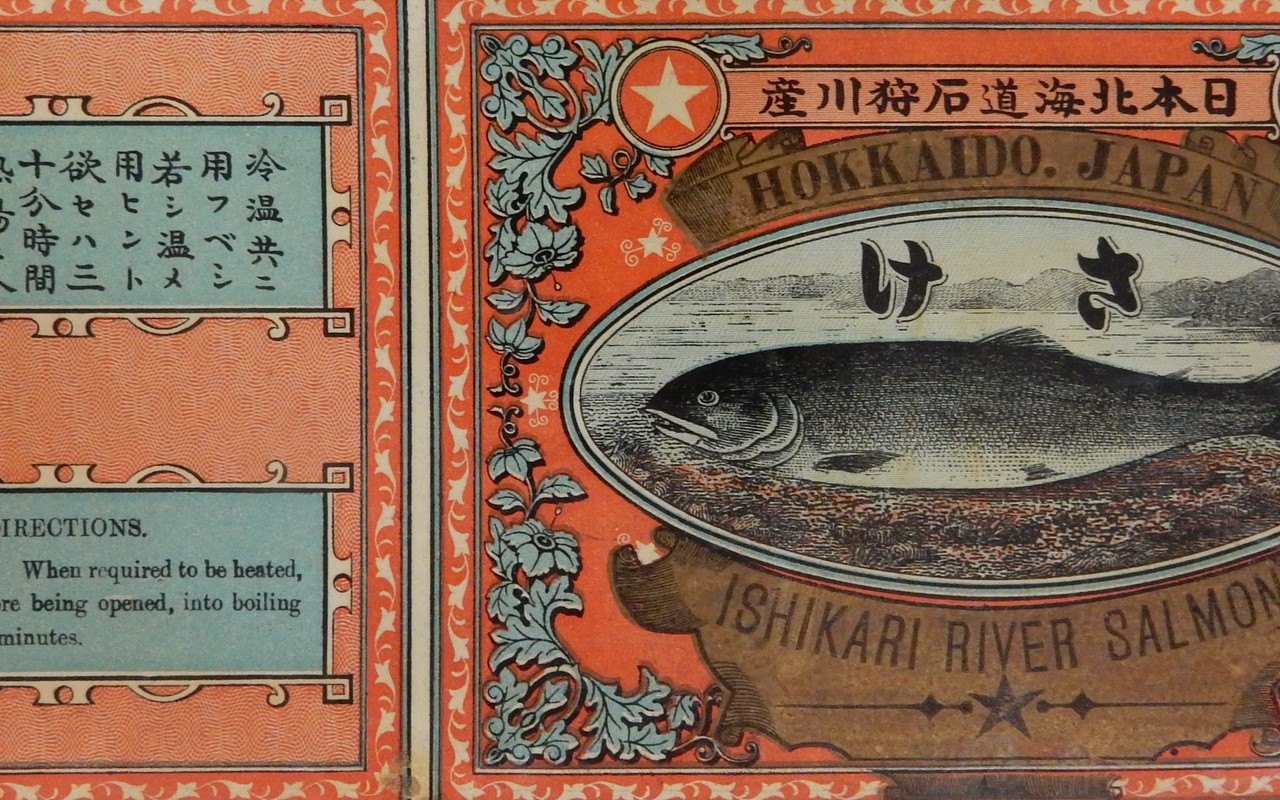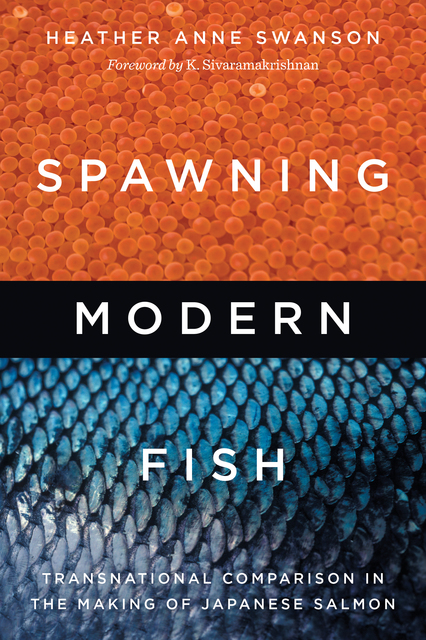Centered in anthropology, the Culture, Place, and Nature series edited by K. Sivaramakrishnan encompasses new interdisciplinary social science research on environmental issues, focusing on the intersection of culture, ecology, and politics in global, national, and local contexts. Contributors to the series view environmental knowledge and issues from the multiple and often conflicting perspectives of various cultural systems.
Spawning Modern Fish
Transnational Comparison in the Making of Japanese Salmon
Since the mid-nineteenth century, agricultural development and fisheries management in northern Japan have been profoundly shaped by how people within and beyond Japan have compared Hokkaido's landscapes to those of other places, as part of efforts to make the new Japanese nation-state more legibly "modern." In doing so, they engaged in non-conforming modes of thinking that reached out to diverse places, including the American West and southern Chile. Today, the comparisons made by Hokkaido fishing industry professionals, scientists, and Ainu indigenous groups between the island's forests, fields, and waters and those of other places around the world continue to dramatically affect the region's approaches to environmental management and its physical landscapes. In this far-ranging ethnography, Heather Anne Swanson shows how this traffic in ideas shapes the course of Hokkaido's development, its fish, and the lives of people on and beyond the island while structuring trade dynamics, political economy, and multispecies relations in watersheds around the globe.

Metadata
- isbn9780295750408
- publisherUniversity of Washington Press
- publisher placeSeattle
- rightsCC-BY-NC-ND 4.0
- rights holderUniversity of Washington Press
- series titleCulture, Place, and Nature
- doi


